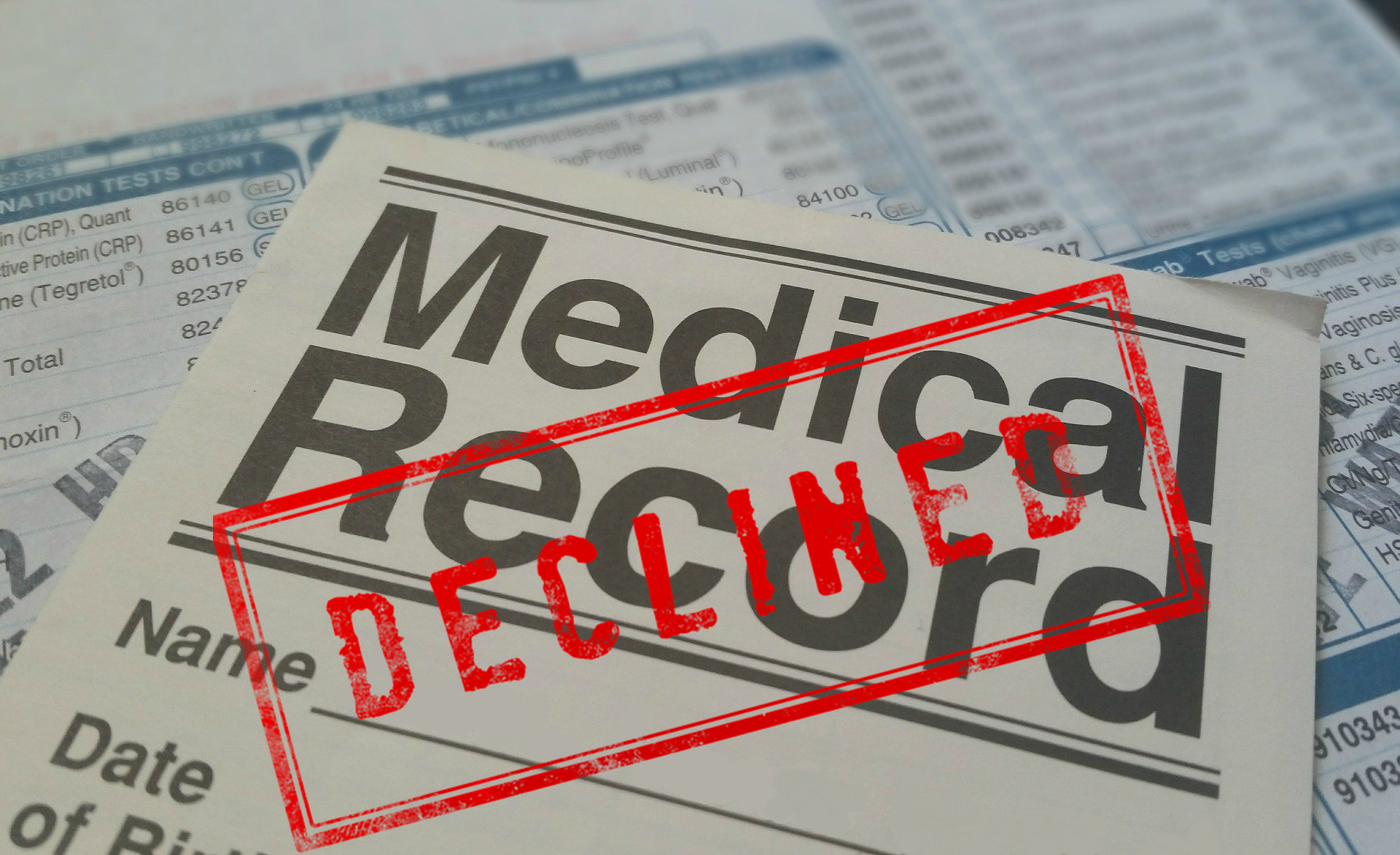
OIG Work Plan and Enforcement Actions
There are a couple of powerful auditors looking at fraud, waste, and abuse in the healthcare arena with whom you hope to never have the pleasure of interacting. One is the Health and Human Services (HHS) Office of Inspector General (OIG). It is the largest inspector general’s office in the Federal Government and the majority of their resources and activities are focused upon the Medicare and Medicaid programs. The OIG operates under a Work Plan (OIG Work Plan). The Work Plan, which is updated monthly, advises the public about various projects including OIG audits and evaluations that are underway or planned to be addressed during the fiscal year and beyond by OIG's Office of Audit Services and Office of Evaluation and Inspections. Of course, those audits and evaluations could include time consuming activities on the part of providers and suppliers.




